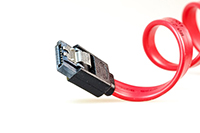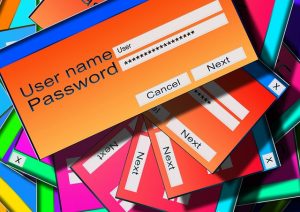 Modding hardware is a tricky subject. Obviously, if you weren’t allowed to mod any computer hardware, everyone who’s ever built their own computer from parts or installed extra RAM would be in big trouble. But then there are issues like jailbreaking phones or modding a video game console to play pirated games. Those subjects are a little trickier. Here’s what you need to know before popping that shiny new phone or laptop open with a flathead screwdriver:
Modding hardware is a tricky subject. Obviously, if you weren’t allowed to mod any computer hardware, everyone who’s ever built their own computer from parts or installed extra RAM would be in big trouble. But then there are issues like jailbreaking phones or modding a video game console to play pirated games. Those subjects are a little trickier. Here’s what you need to know before popping that shiny new phone or laptop open with a flathead screwdriver:
Jailbreaking Apple Devices
Here’s why this is such a confusing subject: Jailbreaking an iPhone has been kept legal through an exemption in the DMCA (Digital Millennium Copyright Act, the same thing keeping your favorite songs off of Youtube), but jailbreaking your iPad is actually against the law. Unlocking your own iPhone is illegal, as well. A carrier can unlock your phone for you, but it’s illegal to go through a third party to do it, or to do it yourself.
Note that even when it’s legal, jailbreaking a device can void your warranty unless you can return it to factory settings.
Game Console Modding
Most console mods are done for the purpose of allowing the console to play pirated games. Here’s the trick: Physically modding your console is fine, you can go ahead and gut your Xbox One and put it in a custom Super Nintendo body if you like, but you’re not allowed to alter the firmware that prevents the console from playing pirated games (another ruling we owe to the DMCA).
If you want to mod your own console, you probably won’t get caught. The FBI has its hands full without going to everyone’s home and looking for burned DVD copies of Grand Theft Auto V. The people getting caught are usually the ones doing it for profit. It’s easy to convince someone to pay you twenty, thirty bucks to mod your console rather than risk destroying their three hundred dollar gaming machine trying to do it themselves.
Obviously we’re not going to recommend that you do anything illegal, but if you’ve modded your Nintendo 3DS so that you can play NES roms on it, you probably don’t need to worry about a SWAT team raiding your home.
Removing the Shutter Sound
Many phones are legally required to make a shutter sound when you snap a photo so as to protect people’s privacy, preventing people from taking secret photos of strangers. But, you are allowed to disable the sound.
What it comes down to is this: Mod hardware all you like, just don’t mess with the firmware, and you won’t be breaking any laws.








 It’s pretty easy to print out a few pages on how employees can keep private data private. It’s not so easy getting your employees to keep those reminders in mind. Here are a few ideas for ensuring compliance in security protocol:
It’s pretty easy to print out a few pages on how employees can keep private data private. It’s not so easy getting your employees to keep those reminders in mind. Here are a few ideas for ensuring compliance in security protocol:




